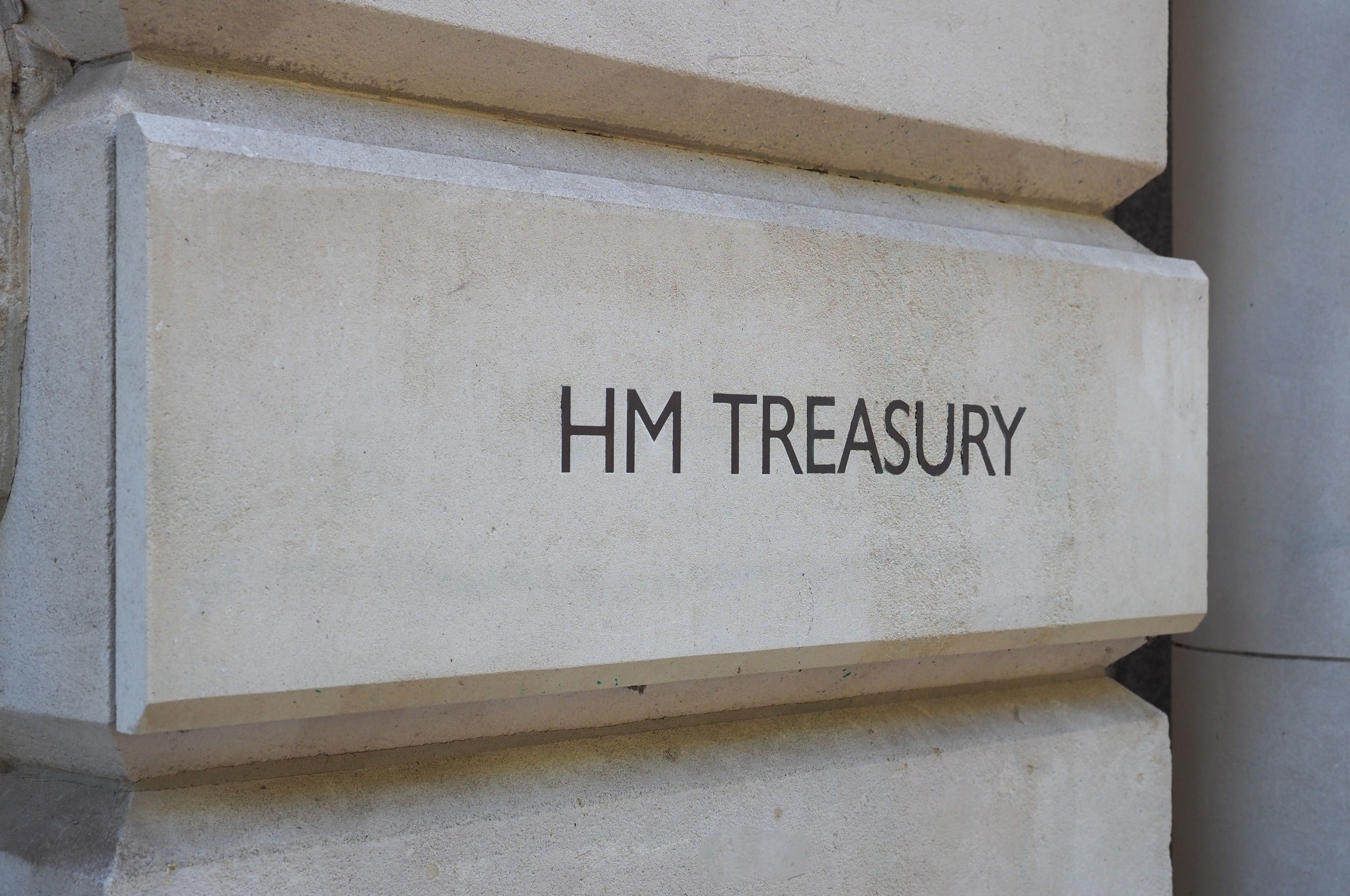
It’s natural to want to set aside money for your child or grandchild’s future, and choosing the right savings approach can significantly improve the growth of their funds over time.
Rather than simply storing money in a bank account, which may struggle to keep pace with inflation over several years, you could explore more effective ways to grow their savings.
The best saving strategy often depends on how you want to use the money to benefit your child or grandchild’s future. For instance, if you’re saving for their education expenses, which may be needed in a few years, your approach may differ substantially from saving into their pension, which they won’t access for decades.
By tailoring your savings approach to match both the timeline and purpose, you can make the most of the money you’re setting aside for your child or grandchild’s future.
Read on to discover four ways of investing to help secure a bright future for your children and grandchildren.
1. Open a Junior ISA
Junior ISAs (JISAs) can be a great way to save for your child or grandchild’s future, as they offer tax-efficient savings that can help build a financial cushion they can access when they turn 18.
Only parents or legal guardians with parental responsibility can open a Junior ISA for a child under 16, but anyone can contribute up to the annual limit of £9,000 (for the 2024/25 tax year). This limit is spread across all the JISAs held in one child’s name.
There are two types of JISA to choose from:
- Cash JISA – A cash savings account that can earn interest free from Income Tax.
- Stocks and Shares JISA – An account through which you can invest in stocks and shares, with gains protected from Income Tax, Dividend Tax, and Capital Gains Tax (CGT).
Cash JISAs typically offer more stable returns on your investments – some providers offer fixed interest rates for set periods, for example, so you know how much your contributions will earn. On the other hand, funds invested within a Stocks and Shares JISA may have a better chance of outpacing inflation over the long term, but the value of your investments can fluctuate.
2. Invest in a junior pension
As an adult, you know the value of retirement planning – and it’s never too early to start saving for a pension, even for your youngest family members.
You can open a Junior Self-Invested Personal Pension (SIPP) for your child or grandchild from the day they are born, and the contributions will receive tax relief, making this a great way to invest in your child’s long-term financial stability.
For every £1 you invest in a Junior SIPP, the government adds 25p in tax relief. You can contribute up to £2,880 each tax year, which the government then boosts by £720 in tax relief, bringing the total maximum annual contribution to £3,600.
A Junior SIPP is a long-term investment. The funds are locked in until your grandchild reaches the normal minimum pension age (currently 55 and rising to 57 by 2028), giving their pension plenty of time for tax-efficient growth.
If you’re able to invest £240 a month (£2,880 a year) from your child or grandchild’s birth until their 18th birthday, their pension fund could grow to over £580,000 by the time they reach 65 (assuming an annual growth rate of 5% minus 1% in charges). And that’s before they’ve even started making their own contributions.
Some Junior SIPPs can be opened with contributions of just £25 a month, making them accessible even on a smaller budget.
3. Save their money in Premium Bonds
Premium Bonds are a secure way of saving money while also offering the opportunity to win prizes every month.
Every £1 invested in Premium Bonds enters a monthly prize draw, where randomly selected numbers could win prizes ranging from £25 up to two £1 million jackpots.
With an average annual prize fund rate of 4.4%, Premium Bonds combine the excitement of potential winnings with the security of a fully refundable investment.
Each bond has a 1 in 21,000 chance of winning, but with a minimum investment of £25, every month you have a 1 in 840 chance, and the more bonds you buy, the higher your chances to win.
Premium Bonds ensure that your children or grandchildren retain your original investment as the value doesn’t fluctuate, though it can increase with winnings. They can withdraw any Premium Bonds under their name when they reach 16.
Keep in mind, though, that inflation could erode the real-terms value of your child’s Premium Bond savings over time, if they do not receive any winnings.
4. Establish a bare trust
A bare trust allows you to set aside money or assets for someone else, such as your child or grandchild, while retaining some control over how and when they access it.
You can open a bare trust on behalf of a child, though they can’t access the funds until they are 18. You can, however, withdraw money on the child’s behalf as a trustee.
Any funds withdrawn from the trust are taxed as if the child owned it, presenting potential tax advantages.
Many people establish bare trusts as a way of saving for future school fees.
The rules for parents opening bare trusts are slightly different from grandparents, and they tend to be more tax-efficient when opened by the latter.
Investing in your child or grandchild’s future may be different if they have a disability
You may need to take a different approach when investing in your child or grandchild’s future if they have a disability.
When they leave full-time education, depending on the nature of their disability, they may qualify for means-tested state benefits. However, if they have over £6,000 in their name, it may impact their eligibility for certain benefits.
For example, if they had a JISA that became accessible when they reached 18, their eligibility may be compromised, which could mean that you end up paying for more of their benefits than the state.
Capacity issues are also important. Without legal capacity, accessing funds may require a deputyship, which can delay and add costs.
In such cases, you may want to work with a financial planner to explore which investing options would be best for you. They could also assist you in writing a will or letter of wishes that appoints trustees or guardians to care for your child, should anything happen to you.
Get in touch
Our team of independent financial advisers in Lewes is here to support you in saving for your children and grandchildren’s futures.
To find out more, please get in touch by emailing us at financial@barwells-wealth.co.uk or by phone on 01273 086 311.
Please note
This blog is for general information only and does not constitute advice. The information is aimed at retail clients only.
A pension is a long-term investment. The fund value may fluctuate and can go down, which would have an impact on the level of pension benefits available. Your pension income could also be affected by the interest rates at the time you take your benefits.
The value of your investment can go down as well as up and you may not get back the full amount you invested. Past performance is not a reliable indicator of future performance.
The Financial Conduct Authority does not regulate tax planning or trusts.
The Financial Conduct Authority does not regulate NS&I products.







 Production
Production